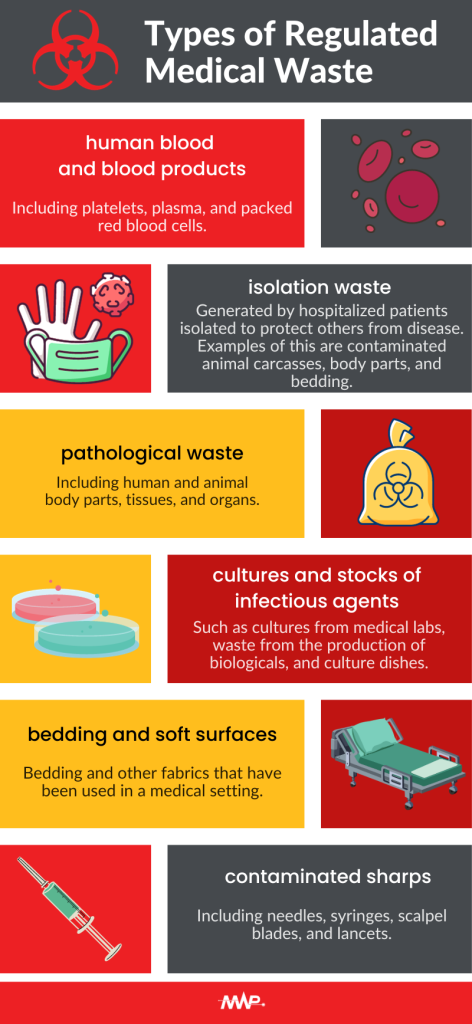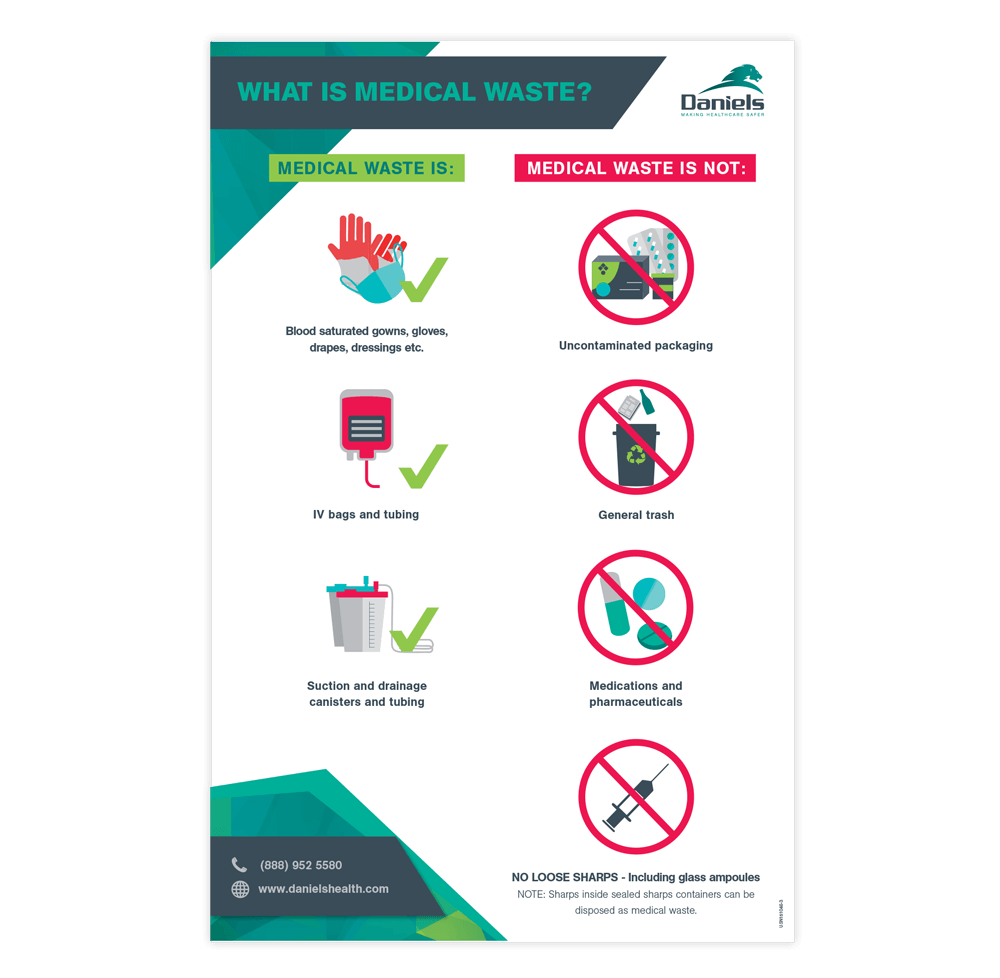Comprehensive Medical Waste Disposal Services for Medical Care Facilities
Comprehensive Medical Waste Disposal Services for Medical Care Facilities
Blog Article
Navigating Medical Garbage Disposal: Essential Services for Health Care Facilities
Healthcare centers, whether big medical facilities or tiny centers, are turned over with the responsibility of handling, dealing with, and disposing of a broad array of clinical waste streams. Comprehending the essential services that sustain clinical waste disposal is not simply a matter of conformity but likewise an essential component in securing public health and wellness and ecological health.
Regulatory Conformity Assistance
For medical care centers, making certain governing compliance support is essential to keep appropriate handling and disposal of medical waste. By partnering with regulatory conformity experts, medical care facilities can remain updated on progressing policies, minimize threats connected with improper waste disposal, and inevitably contribute to a safer and extra sustainable environment for all.
Waste Partition Assistance

Medical care facilities must provide clear guidelines and training to staff on how to set apart waste properly. This consists of separating general waste from dangerous materials such as sharps, infectious waste, pharmaceuticals, and chemical waste.
Collection and Transportation Providers

Proper collection and transport solutions are vital elements of the medical garbage disposal process in healthcare centers. These services guarantee that unsafe materials are handled safely and in conformity with guidelines to protect both the atmosphere and public health. Healthcare centers depend on specialized waste monitoring business to give efficient collection and transport services customized to their requirements.
Medical waste collection entails segregating various types of waste at the point of generation, using color-coded containers or bags to compare general, dangerous, pharmaceutical, and various other waste streams. Trained workers should execute this job to prevent contamination and ensure appropriate disposal. As soon as collected, the waste is moved in committed automobiles geared up to handle unsafe materials securely. These vehicles adhere to stringent security standards and comply with assigned courses to licensed therapy centers for disposal through techniques such as sterilization, incineration, or landfilling.
Treatment and Disposal Solutions
In the world of clinical waste disposal for health care facilities, after the crucial phase of collection and transport services, the emphasis moves towards implementing reliable therapy and disposal services. Therapy options typically include processes such as autoclaving, which makes use of heavy steam under stress to disinfect the waste.
Disposal services incorporate the final action in the medical waste monitoring process. Facilities might select land fill disposal, where dealt with waste is meticulously deposited in marked areas. Medical Waste Disposal Services. Medical care centers can choose to use waste-to-energy centers, which incinerate waste to create power. Reusing and resource healing are also getting traction as lasting disposal options for sure read here types of medical waste materials.
Efficient therapy and disposal remedies are extremely important in guaranteeing compliance with guidelines and guarding public health and the setting. Medical care centers should very carefully examine and choose proper methods that straighten with their waste monitoring goals and sustainability campaigns.
Team Training and Education And Learning

To efficiently manage medical garbage disposal in medical care centers, extensive staff training and education and learning play a crucial function in guaranteeing adherence to regulatory needs and maintaining a safe environment. Appropriate training equips team with the knowledge and skills required to deal with different kinds of medical waste, segregate them correctly, and package them firmly for disposal. By informing employees on the threats related to inappropriate handling of clinical waste, facilities can minimize the likelihood of mishaps, contamination, and regulatory offenses.

Conclusion
To conclude, health care facilities count on necessary clinical garbage disposal solutions to make certain regulative conformity, appropriate waste partition, secure collection and transport, reliable therapy and disposal, as well as staff training and education. These solutions play an essential role in maintaining the health and safety of both healthcare employees and the basic public, highlighting the relevance of appropriate management of clinical waste in health care settings.
For healthcare facilities, guaranteeing regulative compliance assistance is essential to keep proper handling and disposal of clinical waste. Waste partition includes categorizing various kinds of medical waste to ensure suitable handling, therapy, and disposal. This consists of separating basic waste from hazardous products such as sharps, contagious waste, pharmaceuticals, and chemical waste.Clinical waste collection includes segregating different kinds of waste at the point of generation, using color-coded bags or bins to differentiate in between general, hazardous, pharmaceutical, and various other waste streams.In the realm of clinical waste disposal for health care facilities, after the important phase of collection and transport services, the emphasis read this post here moves towards applying efficient therapy and disposal services.
Report this page